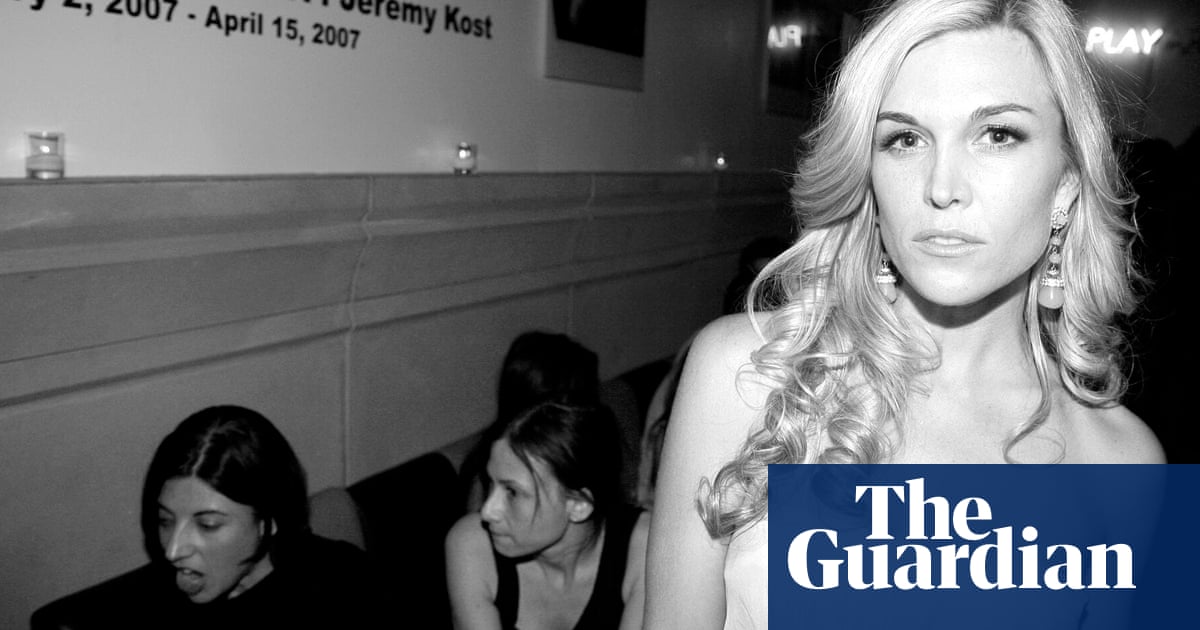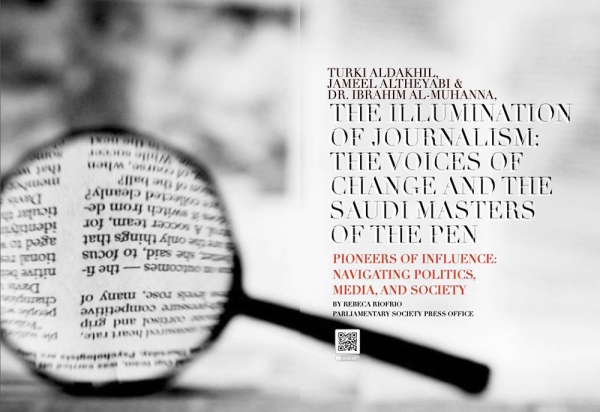
Almost all of the world’s problems, from daily irritations to long-term catastrophe models, are caused by people doing things. It’s not hard to trace the line of cause and effect. Growth, progress, reaching out, growing as a person: these are invariably the areas where things start to go awry, distractions from the safety of idleness, entropy and generally not doing much.
This is not a new idea. The Ten Commandments in the book of Exodus aren’t really commandments in the active sense. They’re prohibitions, warnings against the ancient menace of doing things. As much as you might want to hold an adulterous ass-coveting party in the house of your recently murdered neighbor, the Bible explicitly forbids all of these activities. And for me, Clive, rightly so.
All of which leads naturally on to Eden Hazard, who was brilliant once again for Chelsea in midweek, scoring a winning goal against Liverpool that was both dizzying in its range of skills and also not that surprising for Chelsea fans who watch him a lot. He gave a similar performance on Saturday in his club’s 1-1 tie against Liverpool in the Premier League on Saturday. It has become a commonplace this season to declare Hazard the best player in the league right now. It is also probably true.
But then Hazard has been the best player in the Premier League for years, just not always the most consistent or the most effective on the numbers, a footballer of unsurpassable skill and technique still in the process of becoming fully himself. Watching him from close to the pitch at Stamford Bridge there has been a temptation to laugh at times at his outrageous skill at taking the ball and turning at speed, legs whirring, chest puffed, scorching left and right at extraordinary angles, like a cartoon mouse whizzing along the skirting board.
The only question was why Hazard wasn’t constantly unstoppable, why he didn’t destroy the opposition every week. Instead it has been a process of incremental improvement. To a point where Hazard’s story is now in danger of becoming a narrative of departure. He has become so good that to simply stay where he is would be an aberration, a move to Real Madrid or Barcelona flagged up as a sporting inevitability.
Whereas in fact the opposite is true. Hazard is instead the perfect advert for the power of staying, for the virtues of stasis. There has already been some talk this week of a new Chelsea contract and this is to be applauded. Because Hazard tells us something else, that change, the menace of doing things, is not always the best path.
At Chelsea his highs have been cherished, his troughs forgiven or worried over in private. Development has come from sticking it out, and in part from the challenges posed with each managerial sacking. For now Hazard seems to have found the right man at the right time. Maurizio Sarri is an attacking cavalier, but he is also furiously detailed in what he wants from his attackers, meticulous on things like movement and pressing, this despite mooching around the touchline looking like he’s en route to a six-day fishing trip on a canal off the A40 and it’s an effort of will not to sit on the bench with his special inflatable pillow around his neck.
If Hazard’s steady bloom tells us anything it is that the orthodoxies of transfer culture should be resisted, or at least questioned and treated with skepticism. Most sane, disinterested bodies involved in football – plus also Fifa – accept that transfers need to be reformed. What isn’t said enough is that transfers are a menace generally, are consistently disruptive to teams, players and fans. Instead the view has arisen, unchallenged, that the only way to succeed is to acquire constantly, to bolt on chunks of pre-stressed talent.
This has never been the case, and it isn’t the case now. Even among the wealthiest clubs successful teams invariably arise from team-building, perseverance and consistent tactics. Whereas in practice most transfers fail in some form, inhibiting rather than encouraging player development, confusing or degrading the team dynamic at both ends. There are of course plenty of good ones too. But these generally involve a move to a club where these two factors, development and stability, are already in place, players signed as key pieces in a jigsaw.
Instead transfers are too often a brutal process, geared towards monetizing a player’s status rather than nurturing their talent. Danny Drinkwater went from a perfect fit at the perfect level at Leicester City to his current role as a sad-looking, well-paid man in a blue tracksuit who spends his Saturdays watching other men play football. Renato Sanches has been transformed by the power of the ill-timed big-money move from the most promising hometown talent in Europe to someone who looks like he’s been trying to play football on LSD for the last two years.
Hazard’s five years at Chelsea have at least pushed against this a little. He is, by all accounts, a slightly different kind of person, talent without rapacious ambition, and guided by his father rather than an industry super-agent. By staying he has become something else, an emblem of his team, a page in his club’s modern history. And a player who, aged 27, seems to be reaching into the outer fringes of his own talent.
It still seems likely Hazard will move on at some point. But his refusal so far is a minor blow in favor of something else, a vote for team-building, for football as something rooted in geographical place; and for the idea that even the rarest talent can be allowed to stay and bloom where it falls.The Guardian Sport












